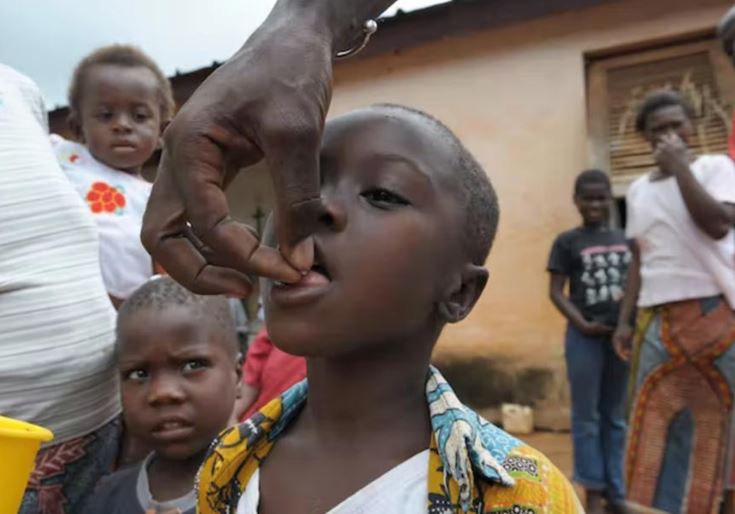A new large-scale trial has found that ivermectin, a widely used antiparasitic drug, can reduce malaria transmission by 26% when used alongside existing prevention methods like insecticide-treated bed nets. The breakthrough offers renewed hope in the ongoing fight against malaria in sub-Saharan Africa.
The trial was conducted in two high-malaria transmission regions Kwale County in Kenya and Mopeia District in Mozambique. Over 20,000 people participated in the study, receiving one dose of ivermectin per month over a three-month period coinciding with the rainy season. Researchers monitored participants closely and found that the drug was safe, with only mild side effects and no serious adverse reactions reported.
This research forms part of the broader One Health Endectocide-based Malaria Intervention in Africa (BOHEMIA) project, which explores the use of endectocides drugs that target parasites in humans and animals to control disease transmission.
Ivermectin, long used to treat conditions such as onchocerciasis (river blindness), shows promising new potential as a tool to combat malaria, particularly in areas where traditional methods are becoming less effective due to mosquito resistance to insecticides.
The trial’s findings indicate that ivermectin could serve as a complementary strategy, especially in regions where current interventions are not delivering the desired impact. By making human blood toxic to mosquitoes for a period after ingestion, ivermectin indirectly helps reduce the population of malaria-transmitting mosquitoes.
Despite delays in the Mozambique arm of the study caused by Cyclone Gombe and a cholera outbreak, the trial still yielded significant insights. One major takeaway was the importance of community involvement in the success of such public health interventions. Effective coordination with local health authorities and leaders proved crucial for ensuring community acceptance and participation.
The results have already sparked interest from global health bodies. The World Health Organization’s Vector Control Advisory Group has reviewed the study’s outcomes and recommended further investigation into the role of ivermectin in integrated malaria control efforts.
With malaria remaining a leading cause of illness and death in many African countries, ivermectin’s potential as a supplementary tool could mark a significant step forward in achieving long-term control and eventual elimination of the disease.

